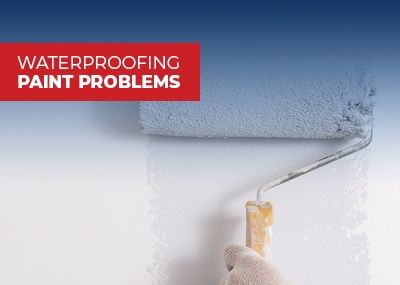Home »
You want to prevent your basement from leaking. Whether it be moisture or a small drip, it’s crucial for the health of your home to address those issues coming from the foundation. Basement work can be expensive, and one way people try to save money in that area is by getting waterproofing paint.
However, there are issues with waterproofing paint that make it far from an ideal solution. DIY can be fun, but without the right knowledge, that afternoon painting job can easily become a headache down the road.
Here are 5 waterproofing paint problems you should know before applying.
Paint Peeling
Waterproofing paint doesn’t last forever. Over time, the paint will begin to chip, leaving a much larger mess in your basement. Furthermore, as it chips, then any moisture or water that it was blocking will also get back in, leaving you with an even larger mess to clean up. If you want to get it off your basement walls, you’re going to be in for quite the project, as waterproofing paint doesn’t come out very easily.
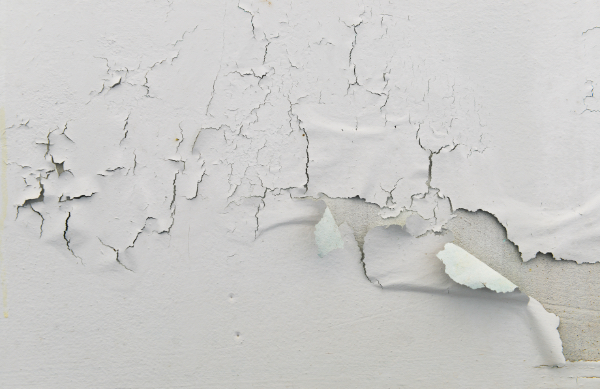
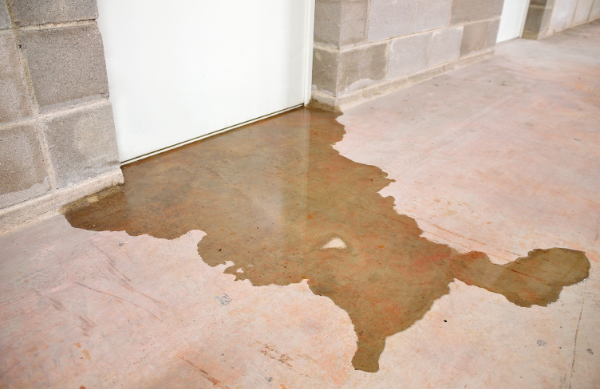
Not Meant for Serious Leaks
If you have any serious leaks, then waterproofing paint is not the product for you. It can often withstand some pressure, but it’s not meant for regular water pressure. A major leak will make it nearly impossible to apply the paint, but even if you manage to apply it, the water will eat its way through very quickly. Waterproofing paint is best used with moisture or as an additional precautionary method. It won’t instantly resolve any major problems.
Loses Effectiveness Over Time
The best kinds of home improvements are the ones you don’t need to address down the road. Unfortunately, that is not the case for waterproofing paint. Over time, the paint itself will weaken, thus allowing moisture to get in once more. A more permanent solution would include a vapor barrier or wall panels. Those additions will last significantly longer than any waterproofing paint.

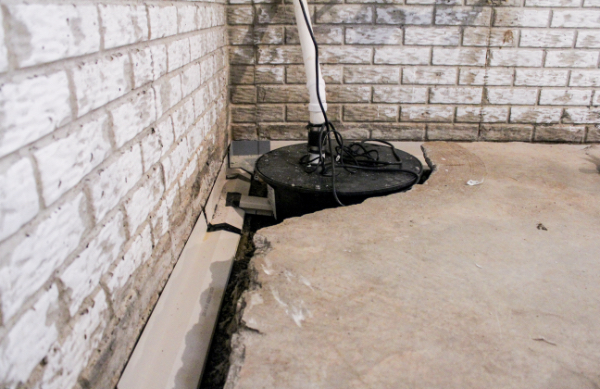
Outside Waterproofing is Stronger
If sealing your home from water is your number one priority, then you’ll need to avoid all the waterproofing paint problems. Instead, putting together an in-depth waterproofing solution from the outside will prove much more beneficial in the long run. Many times, a home doesn’t have a waterproof barrier on the outside nor will it have proper drainage methods. For homes on the flood plane or on an incline, working on the exterior is a far better solution than just scrubbing the interior with paint. Click here to see all the outside waterproofing methods we recommend for your home.
Can Be a Tedious Process
Basement walls are typically uneven and have many hard-to-reach areas. While some homeowners may be up to the DIY task, know that applying waterproofing paint can be extremely tedious. Waterproofing paint is thick and difficult to transport. Furthermore, it gets everywhere and doesn’t come out of clothes if you get any on them. If you use a paint roller and brushes, it will be easy to miss several areas, leaving open gaps for water to get in. If you are intent on applying waterproofing paint, be sure to get an air sprayer (like the one here) to ensure that you get all those gaps. Even then, you’ll be at it for a while depending on the size of your basement.
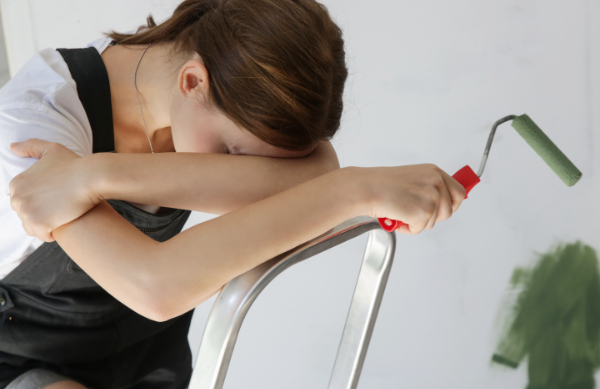
There are many waterproofing paint problems to be aware of. If your basement is in serious need of repair or waterproofing solutions, then contact us for your free estimate and we’ll get on the job!


